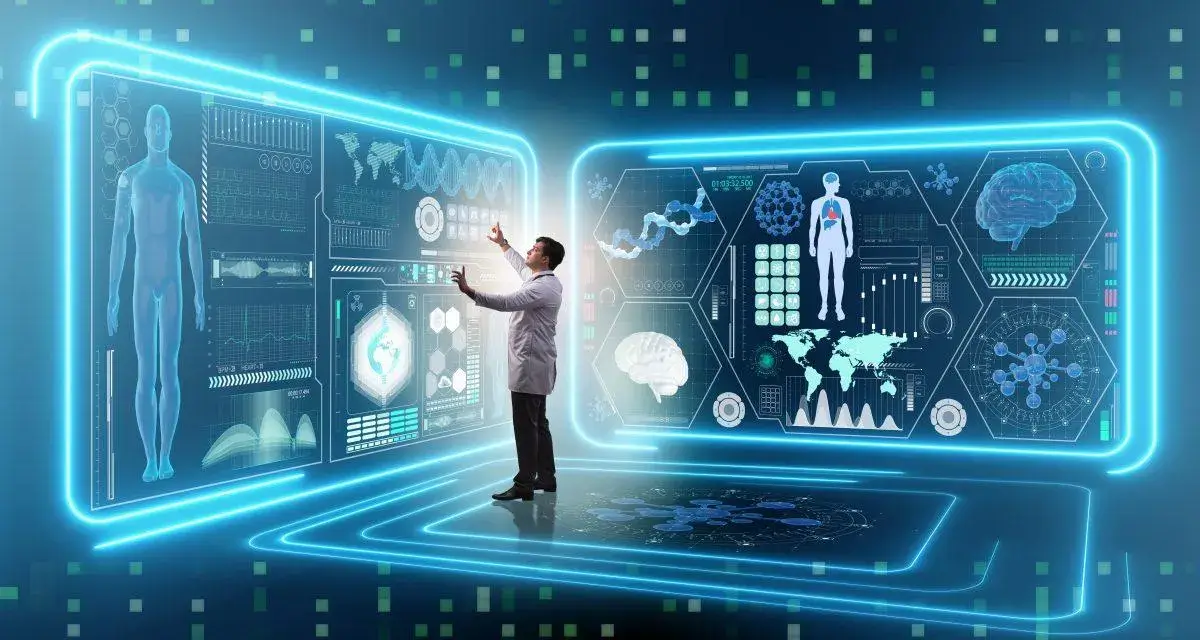Is AI in healthcare a revolution or a risk? It could boost diagnostics, streamline processes, and personalise care. However, privacy issues and misdiagnosis risks are concerns. Will AI truly enhance healthcare, or do the challenges outweigh the benefits? Let’s explore this crucial debate.
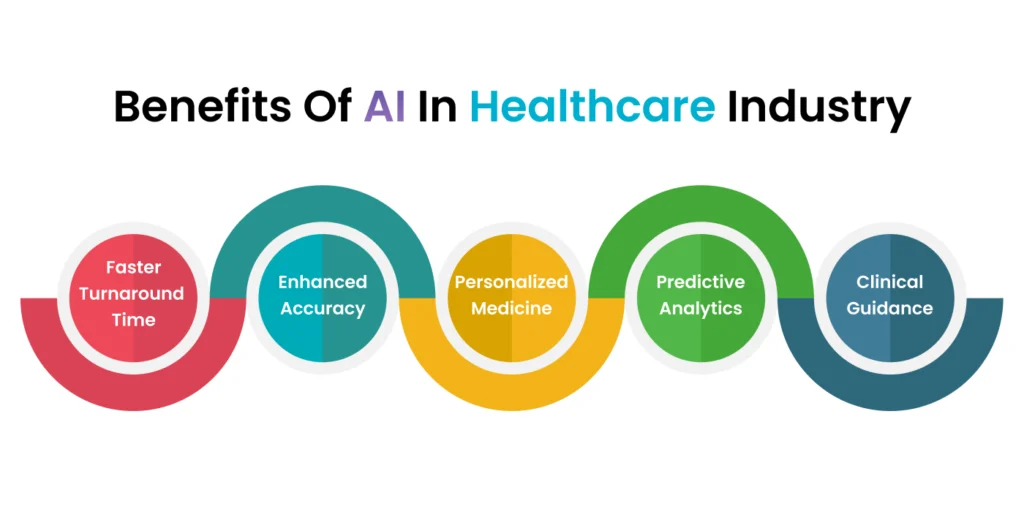
Understanding AI Tools in Healthcare
Imagine a world where machines help doctors make decisions, manage patient records, and even assist in surgeries. This isn’t science fiction; it’s happening right now with AI tools in healthcare. These tools use technology to support doctors, improve patient care, and make things run smoother in hospitals. From diagnosing diseases faster to helping in surgeries, AI tools are transforming how we think about healthcare.
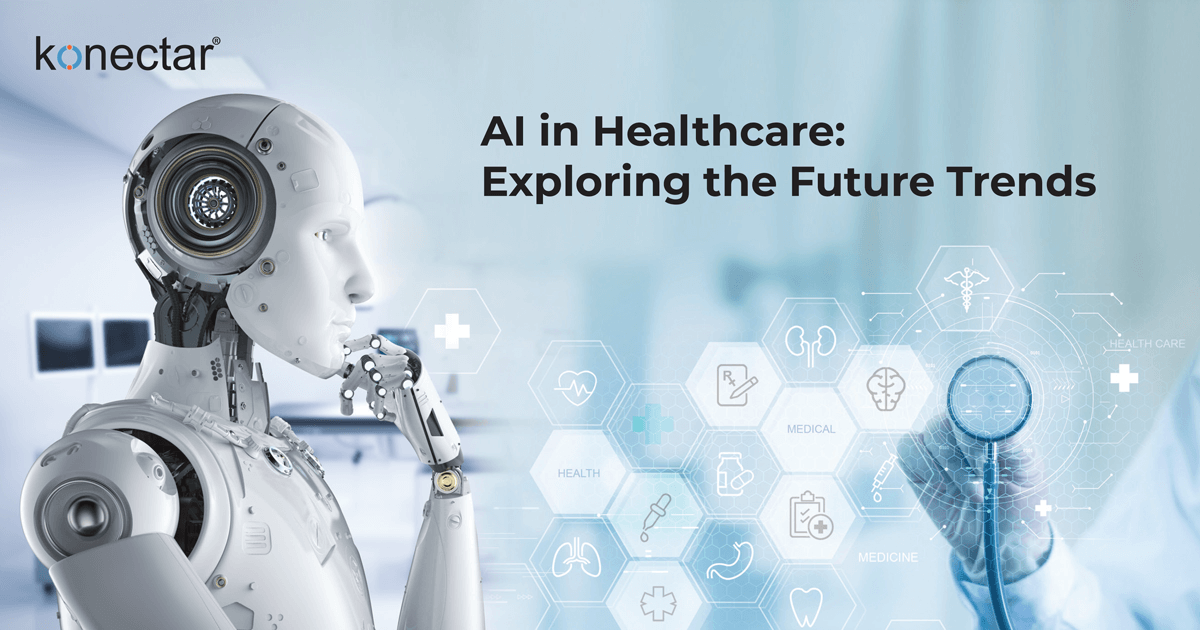
Types of AI Tools
There are different types of AI tools making waves in the healthcare industry. Let’s dive into what some of these tools do and how they’re changing the way medical professionals deliver care.
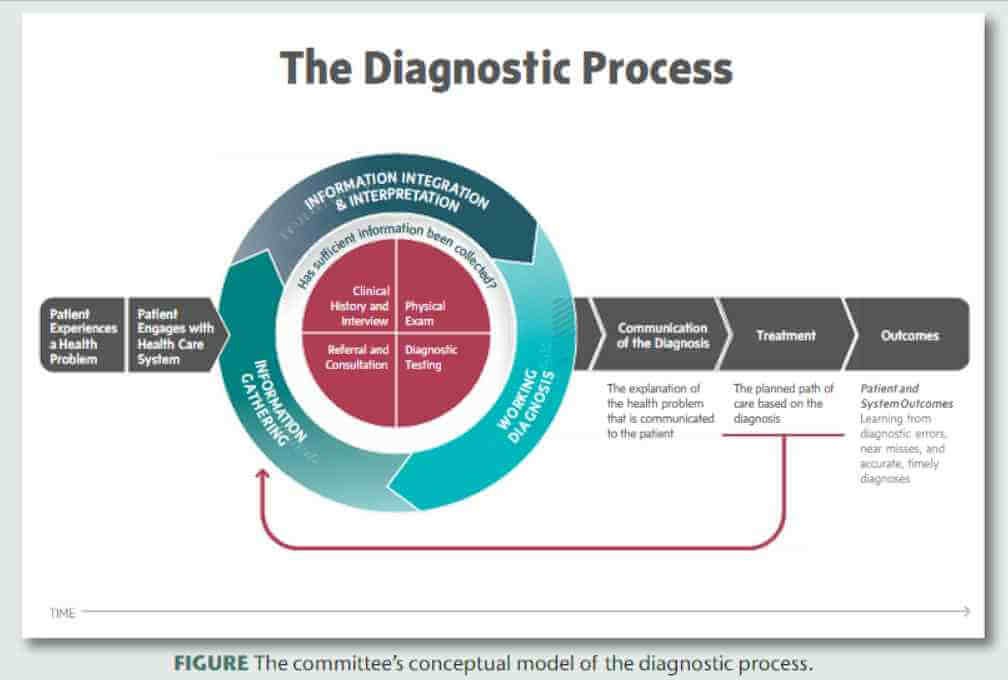
Diagnostic Algorithms
Diagnostic algorithms are like digital detectives. They sift through mountains of data to find patterns and clues that might indicate a disease. These algorithms can process information from sources like medical images or patient history to give doctors a clearer picture. For instance, they can scan X-rays, MRIs, and CT scans to spot signs of conditions earlier than traditional methods might. This means quicker and often more reliable diagnosis for patients.

Robotic Surgery Assistants
Think of robotic surgery assistants as precision instruments in a surgeon’s toolkit. They are not there to replace surgeons but to assist them with tasks that require extraordinary precision and control. Surgeons can perform complex procedures with smaller incisions, which leads to shorter recovery times for patients. It’s like having a steady hand that never shakes, even in the most delicate operations.
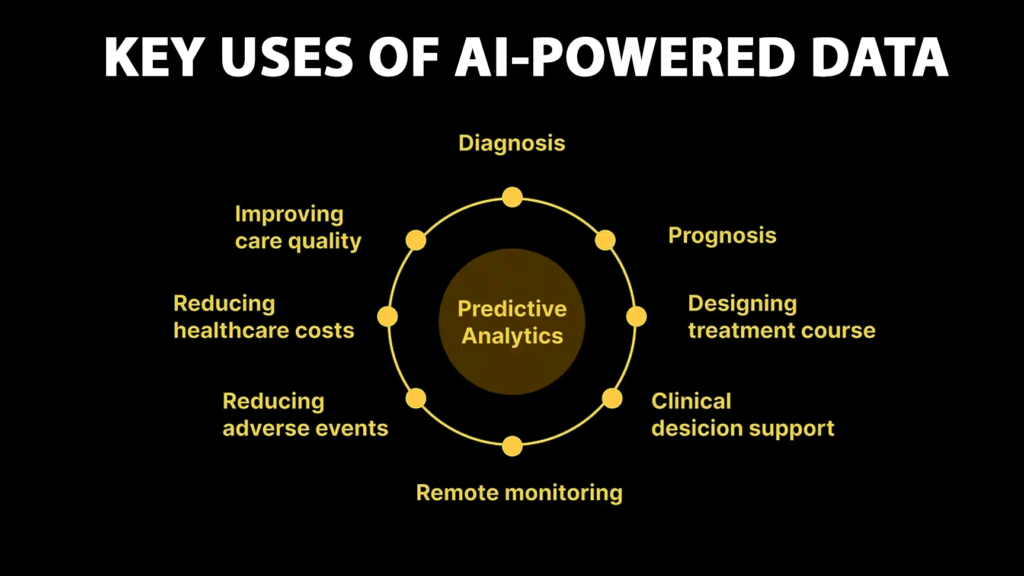
Patient Management Systems
Patient management systems are like the command centre of a hospital. They help nurses and administrative staff manage patient records, appointments, and treatments efficiently. These systems can remind patients about their medication, schedule appointments, and even alert doctors if there’s a change in a patient’s condition that needs attention. By using AI, hospitals can ensure patients receive timely care without unnecessary delays.
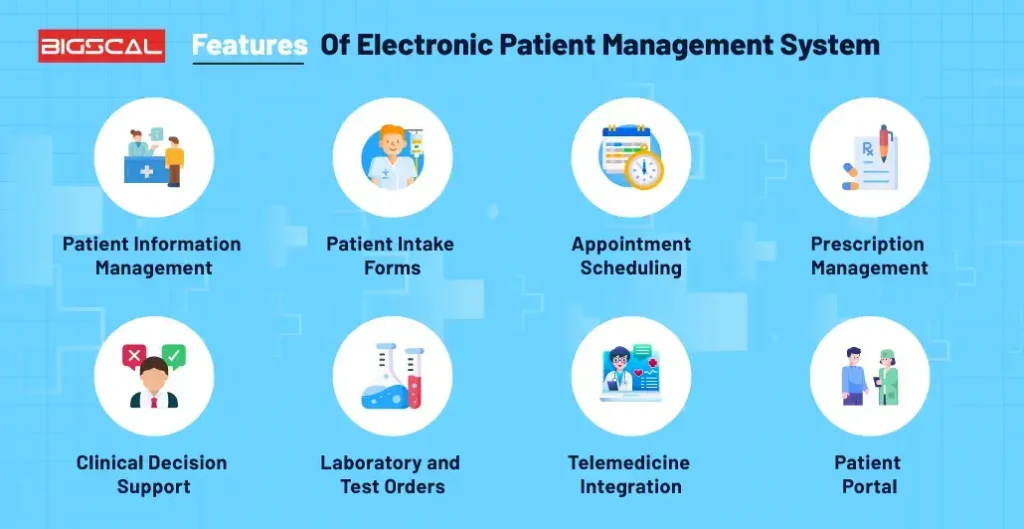
By integrating AI tools in healthcare, we are not only improving the current healthcare experience but setting the stage for future innovations. Whether it’s a robotic arm helping in an operating room or an algorithm finding a diagnosis needle in a haystack of data, AI tools are making healthcare smarter and more efficient every day. Want to learn more about the most popular AI tools that are shaping the healthcare industry today? Check out this useful insight on top medical AI tools.
Benefits of AI Tools in Healthcare
In the rapidly evolving world of healthcare, AI tools stand out as beacons of both promise and transformation. These technological marvels are paving the way for enhanced patient care, heightened efficiency, and unparalleled diagnostic accuracy. By diving into the benefits of AI in healthcare, we can explore how these tools are reshaping the medical landscape.
Enhanced Diagnostic Capabilities
AI tools have ushered in a new era for medical diagnostics. They excel by analysing all kinds of medical data—from scans to historical records—faster and with more precision than humanly possible. For instance, AI technologies like Google DeepMind’s Streams can swiftly identify critical conditions from images, reducing the risk of human error significantly. This has the potential to catch conditions early, when they’re most treatable, and can literally be the difference between life and death.
- AI in Imaging: Tools that analyse X-rays, MRIs, and CT scans can spot anomalies that might escape the human eye.
- Pattern Recognition: AI’s knack for recognising patterns means it can predict potential health issues before they manifest visibly.
Streamlined Administrative Processes
Administrative tasks in healthcare can feel like navigating a bureaucratic maze. However, AI tools like those described by Thoughtful are cutting through the red tape. By automating scheduling, billing, and even record-keeping, these intelligent systems free up healthcare professionals to focus on what truly matters—patient care.
Imagine a doctor swamped with paperwork. With AI, much of this paperwork is handled efficiently, allowing more time for patient interaction. Whether it’s automated appointment reminders or streamlining insurance claims, AI’s impact is profound. This doesn’t just benefit doctors; it enhances patient satisfaction as wait times decrease and care becomes more personal.
Personalised Patient Care
Gone are the days when healthcare was “one size fits all.” AI tools are making it possible to tailor treatment plans to individual patients, factoring in everything from genetic profiles to lifestyle. As EY notes, this shift from reactive to proactive care is game-changing.
- Data-Driven Decisions: AI processes vast amounts of data, offering insights that help doctors craft precise treatment paths.
- Customised Interventions: By understanding a patient’s unique health profile, AI recommends interventions that align perfectly with their needs.
With AI tools, the dream of truly personalized healthcare is not just a possibility—it’s becoming reality. These technologies are setting the stage for a future where medical care is as unique as the patients receiving it.
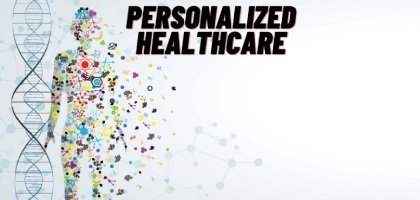
Risks and Challenges of AI Tools in Healthcare
Implementing AI tools in healthcare offers remarkable benefits but also poses significant risks and challenges. While these technologies promise to transform the field, they also come with potential pitfalls. Let’s explore the primary concerns, focusing on data privacy and our increasing dependence on these technologies.
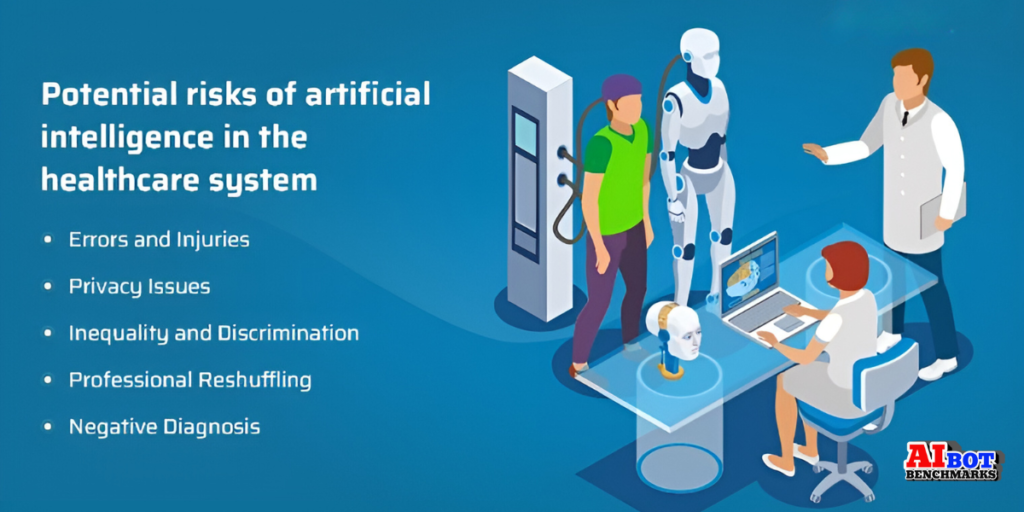
Data Privacy and Security Concerns
In the healthcare sector, patient data privacy is paramount. With AI, maintaining this privacy becomes more complicated. AI tools handle massive amounts of sensitive data, making them a prime target for cyberattacks. Imagine a treasure chest that’s not only filled with gold but also has the map to find more. That’s how valuable healthcare data is to hackers.
- Exposed Data: Patient records managed by AI can be prone to breaches. As Medical Economics discussed, the allure of vast data sets can attract unwanted attention.
- Regulatory Compliance: Compliance with regulations like GDPR and HIPAA is crucial. AI tools must ensure that data is handled in alignment with these standards to protect individuals’ rights.
- Safeguards and Technologies: Implementing advanced techniques like Differential Privacy and Cryptographic methods can help ensure that data remains secure without compromising its utility.
The journey to balancing AI innovation with data privacy is a challenging one, like walking a tightrope with life-saving information. Yet, this balance is vital for trust in healthcare systems using AI.
Dependence on Technology
As our reliance on AI tools grows, so does the risk of over-dependence. It’s a double-edged sword—while AI can improve efficiency and accuracy, it also leaves us vulnerable to its potential failures.
- Potential Errors: Mistakes in AI algorithms can lead to incorrect diagnoses or treatment plans, as highlighted by Brookings. An error in a line of code can mean a different path for a patient’s treatment.
- System Failures: Imagine you’re in a plane without a pilot. That’s how it feels when AI systems crash without a human backup in place. These tools need to be robustly designed to handle unexpected failures.
- Skill Erosion: Over-reliance may lead to skill erosion in healthcare professionals. If we lean too much on AI, doctors may lose touch with traditional diagnostic skills.
While AI tools in healthcare offer groundbreaking possibilities, acknowledging and addressing these risks is essential. By doing so, we can harness these technologies safely and effectively, ensuring they act as parts of a well-equipped toolbox rather than the sole solution.
The Future of AI Tools in Healthcare: Balancing Innovation and Risk
As the use of AI tools in healthcare continues to expand, it brings exciting possibilities alongside potential risks. With the ability to improve diagnoses and enhance patient care, these tools also pose challenges that we need to carefully manage. How do we balance innovation with safety? Let’s dive into some key aspects of this balance.
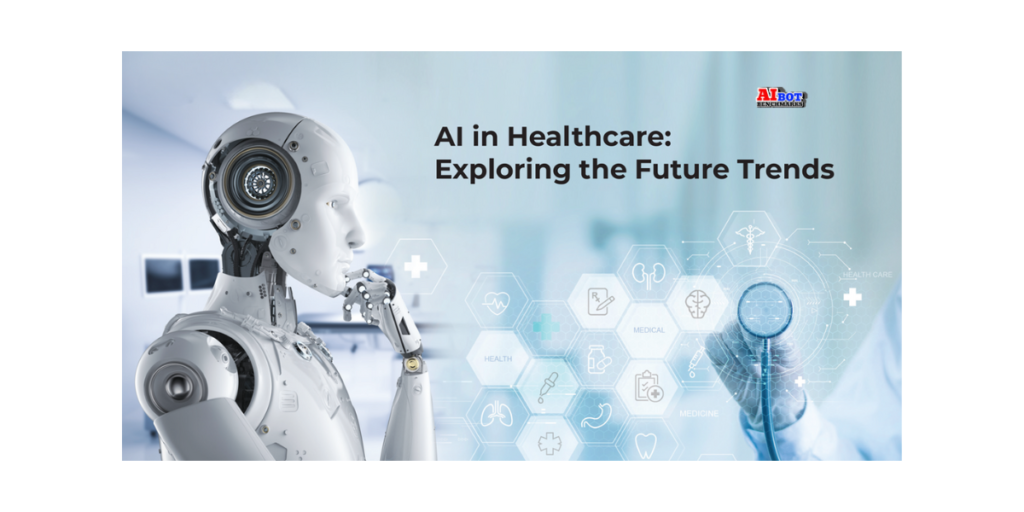
Regulatory Frameworks: Ensuring Safe Use
A solid regulatory framework is crucial for the safe implementation of AI tools in healthcare. Without proper regulations, the potential for misuse or errors can jeopardise patient safety. Regulations help ensure that AI systems are safe and effective, acting like traffic signals to guide the right actions in healthcare’s vast highway of innovation.
- Legal Considerations: The World Health Organisation outlines the need for robust legal frameworks when AI systems handle sensitive health data. This WHO report highlights the importance of privacy and security considerations.
- Standards and Guidelines: Organisations like the FDA are creating standards for AI tools as part of Software as a Medical Device (SaMD) efforts. This ensures that AI products meet necessary safety and quality benchmarks. Learn more about these standards here.
- Principles for Regulation: WHO’s six principles for an AI regulatory framework further advocate for documentation and transparency to manage risks effectively. You can read about their guidelines here.
Ethical Considerations: Navigating Ethical Dilemmas
With great power comes great responsibility, and AI in healthcare is no exception. Ethical considerations are at the forefront of discussions, as AI tools can sometimes tread a fine line between benefit and harm.
- Patient Privacy: Privacy is paramount. Ensuring that AI-processed data respects patient confidentiality is crucial. Neglecting this principle can lead to trust issues between patients and healthcare providers. More about these privacy issues is discussed here.
- Informed Consent: Using AI in patient care requires clear communication about how data is used and the implications of AI-driven decisions. Patients must be well-informed participants in their own healthcare journeys. This article explores the significance of informed consent in AI-driven healthcare.
- Bias and Fairness: AI systems can inadvertently perpetuate biases present in their training data. Addressing these biases requires continuous monitoring and adjustment to ensure equitable treatment across all patient groups. The ethical challenge of data bias is detailed in this resource.
Navigating the future of AI tools in healthcare requires a thoughtful approach, balancing innovation with regulation and ethical considerations. With the right frameworks and ethical practices in place, we can unlock the full potential of AI while safeguarding patient welfare. Doing so will help the healthcare industry embrace AI confidently, ensuring that these tools are used effectively and responsibly.
Check out how to choose the best AI Tools Here
Conclusion
AI tools in healthcare represent both incredible opportunities and significant risks. They promise to revolutionise medical diagnostics, drug discovery, and patient care, offering improvements in speed, accuracy, and personalisation. Yet, these advancements come with challenges such as data security, ethical considerations, and the need for robust validation processes.
A balanced approach is vital. Embracing innovation while carefully managing the risks ensures that AI becomes a tool for positive change. By fostering collaboration between technology experts and healthcare providers, we can shape an AI-driven future that prioritises patient safety and care quality.
I encourage you to explore how AI tools in healthcare might impact your own experiences, and consider how we can collectively address both the potential and the pitfalls. The future of healthcare is being written now, and your insights can be part of that narrative.

